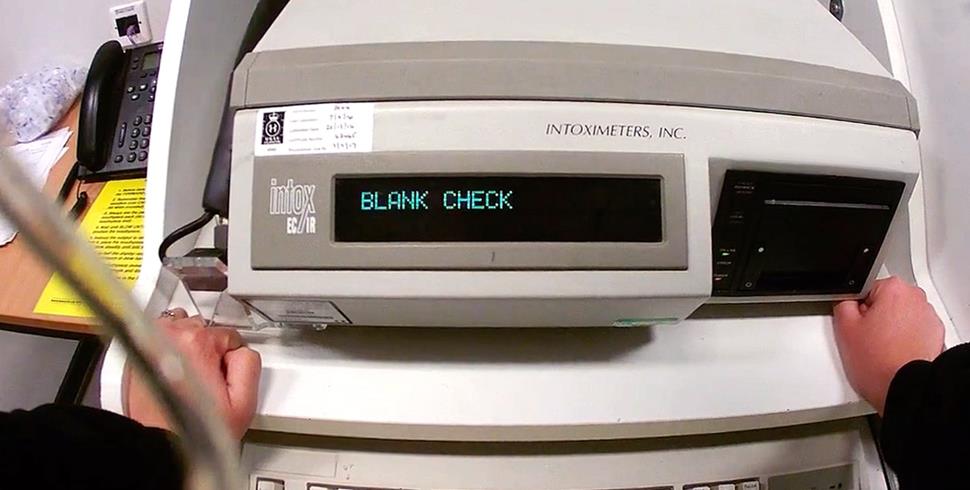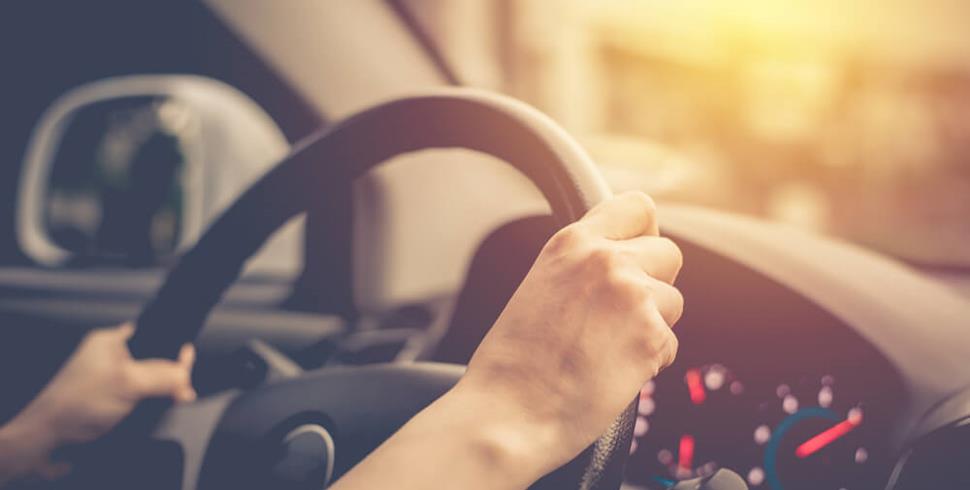
What is careless driving?
Careless driving (also known as driving without due care and attention) is one of the most common driving offences committed by road users. This is because of the broad definition of ‘carelessness’. Careless driving is defined by the Road Traffic Act 1988 as driving whilst falls 'below the standard of a careful and competent driver'. This is an objective test, meaning your experience as a driver is irrelevant.
Penalties for careless driving can range from 3 penalty points to a driving disqualification. In more serious cases, where personal injury is caused, a person can go to prison for driving carelessly.
To ensure you’re able to achieve the best possible outcome for your case, we’ve outlined everything you need to know about careless driving.
What is classed as careless driving?
Common examples of driving without due care and attention include;
- Overtaking on the inside
- Driving too close to a vehicle
- Short distractions such as tuning a car radio
- Eating or drinking while driving
- Pulling out from a side road into the path of another vehicle
- Looking at a map while driving
- Lightly colliding with another vehicle
Penalties for careless driving
The severity of the offence and the level of harm will determine the penalty issued by the court. Your careless driving offence will fall into one of the following three categories:
Category 1
- Higher culpability and greater harm
- Penalty: Disqualification or 7–9 points
Examples of 'category one' driving offences include: an overtaking manoeuvre at speed, erratic driving, a collision at speed, driving bordering on dangerous.
Category 2
- Higher culpability and lesser harm or lower culpability and greater harm
- Penalty: 5–6 points
Examples of 'category two' driving offences include: loss of control due to speed, mishandling or insufficient attention to road conditions, turning right across oncoming traffic.
Category 3
- Lower culpability and lesser harm
- Penalty: 3–4 points
Examples of 'category three' driving offences include: momentary lapse of concentration, misjudgement at low speed.
Higher culpability refers to factors such as aggressive/fast driving, driving whilst tired/unwell/contrary to medical advice, and carrying out other tasks whilst driving. Greater harm means things like injury to others, damage to other vehicles/property, and high level of traffic/pedestrians in the vicinity.
The guidelines below are used by the magistrates when sentencing for careless driving.
| Nature of activity | Fine | Range |
| Momentary lapse of concentration or misjudgement at low speed | Band A (50% weekly income) | 3 - 4 Penalty Points |
| Loss of control due to speed, mishandling or insufficient attention to road conditions | Band B (100% weekly income) | 5 - 6 Penalty Points |
| Driving bordering on dangerous | Band C (150% weekly income) | Disqualification or 7 - 9 Penalty Points |
Defences for careless driving
- Factual.
I was not driving carelessly. There may be an innocent explanation for the manner of driving. You may dispute that the vehicle was ever driven carelessly. Who actually witnessed the incident and are they suitably qualified to say your driving was careless? - Mechanical.
There was a fault with my vehicle. This might include, for example, a power surge, electrical fault, engine malfunction, steering issue etc… Where the mechanical fault was sudden and unexpected, this could give you a defence. - Driver Identification.
Can the police prove that you were the driver of the vehicle at the time? What evidence do they have of this? Remember that just because the vehicle belongs to do, does not mean that you were driving at the time. - Vehicle Identification.
How common is your car? Could your vehicle have been mistaken for someone else’s? - Police Paperwork (NIP).
Were you given a verbal NIP at the roadside? If you’ve received paperwork in the post, does it comply with the relevant statutory provisions? - Prosecution disclosure.
Have you received full disclosure from the police? Does the evidence prove the case to the required criminal standard (i.e. beyond all reasonable doubt)? Often, due to miscommunication and poor administration, the police miss disclosure deadlines. We can then apply to exclude the evidence against you.
Inconsiderate Driving
How can a solicitor help with a careless driving penalty?
Seek advice from MAJ Law
M.A.J Law offer free initial advice to all motorists. We can explain your options in minutes, so you know what to expect. Contact us today and speak to a member of our friendly team.
NEXT STEPS: Free Legal Advice from M.A.J Law
M.A.J Law are a specialist team driving defence solicitors. We believe that every motorists has the right to independent legal advice. For that reason, we offer every motorist free specialist initial advice no matter what your circumstances.
Related Articles

MAJ Law
28 June 2021Do you get a criminal record for drink driving? | M.A.J Law Solicitors


MAJ Law
27 January 2021What happens if you get caught drink driving | Driving Defence Solicitors





